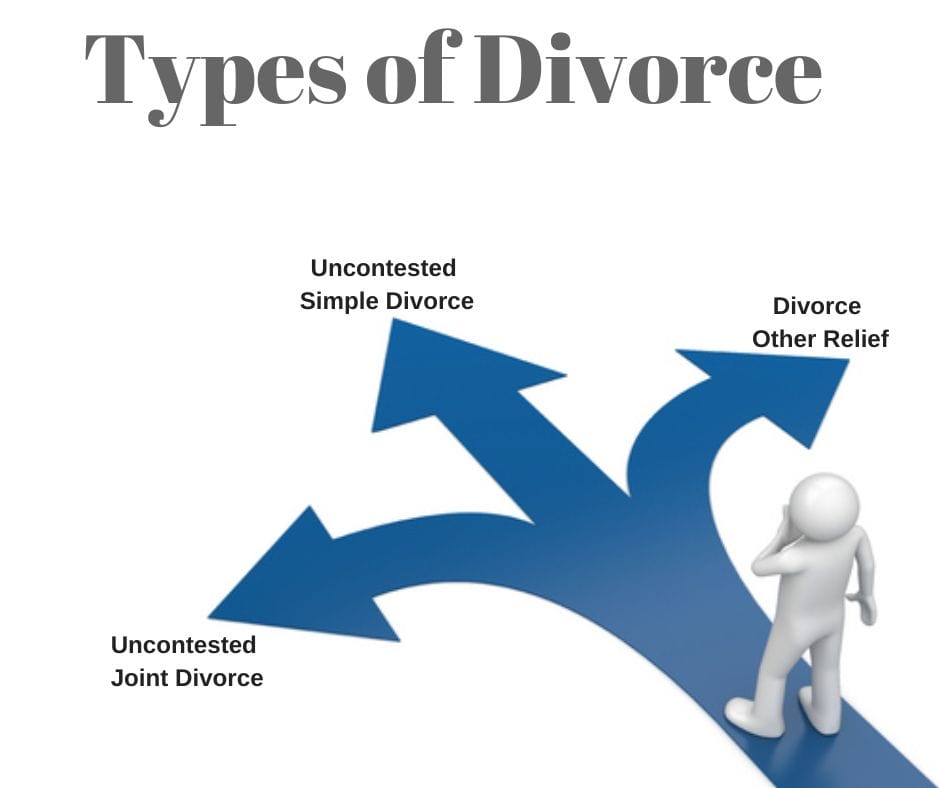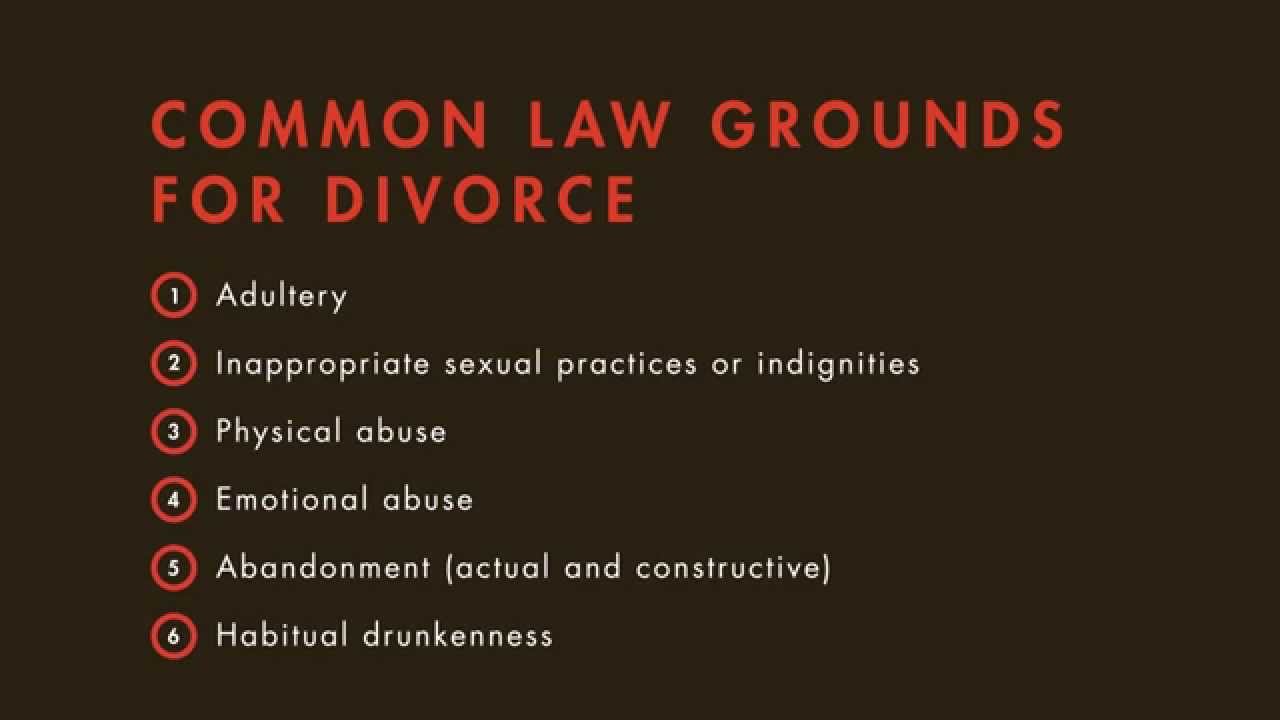Navigating Divorce Proceedings in Vietnam
Divorce can be a complex emotional and legal process, especially within the distinctive legal framework of Vietnam. Understanding the steps involved, the legal requirements, and how to best prepare can help ease the burden during this challenging time.
1. Understanding Divorce Law in Vietnam
In Vietnam, divorce is primarily governed by the Civil Code 2015 and the Law on Marriage and Family 2014. The laws outline the grounds for divorce, the procedures to follow, and the rights and obligations of both parties in the divorce process.
Types of Divorce:
- Mutual Consent Divorce: Both spouses agree to the divorce and its terms, making the process smoother and faster.
- Contested Divorce: If one spouse does not agree to the divorce or there are disputes regarding asset division, child custody, or support, the process can become contentious.

2. Grounds for Divorce
Under Article 56 of the Civil Code, valid grounds for divorce in Vietnam include:
- Mutual Agreement: Both parties consent to the divorce.
- Incompatibility: Frequent conflicts, lack of affection, or emotional disconnect.
- Infidelity: Evidence of extramarital affairs.
- Abuse: Physical or emotional abuse against one spouse or the children.
- Separation: Living apart for an extended period (typically one year).

3. The Divorce Process
Navigating the legal procedure for divorce involves several key steps:
- Consultation with a Lawyer:
-
-
- Seek legal counsel to understand your rights and options. A family lawyer can provide invaluable insight into the legal proceedings and help you prepare for what lies ahead.
-

- Gather Required Documents:
-
-
- Collect essential documents needed for the divorce application, which may include:
- Marriage certificate
- ID cards or passports of both spouses
- Evidence supporting grounds for divorce (if contested)
- Any agreements on property division or child custody
- Collect essential documents needed for the divorce application, which may include:
-
- File for Divorce:
-
-
- Mutual Consent: If both parties agree, file a joint application for divorce at the local People’s Court where one of the spouses resides. This application should include the above documents, a marriage certificate, and any additional agreements.
- Contested Divorce: The filing spouse must submit a petition for divorce to the court, detailing claims and any disputes over assets or custody.
-
- Court Mediation Session:
-
-
- The court may offer mediation services to help settle disputes out of court. This step is crucial, especially in contested cases involving children or significant assets.
-
- Court Hearing:
-
-
- If mediation fails, a court hearing will take place where both parties can present evidence and testimonies. The judge will evaluate the case based on the facts and applicable laws.
-
- Divorce Decree:
-
-
- Following the hearing, the court will issue a divorce decree, which includes rulings on asset division, child custody, and financial support. The decree becomes legally binding once received by both parties.
-
- Appeal Process:
-
- Either party has the right to appeal the court’s decision within 15 days after receiving the judgment if they believe that the ruling is unjust.
4. Important Considerations
- Child Custody: If children are involved, prepare to discuss custody arrangements and support obligations. The court prioritizes the child’s best interests when making decisions about custody.
- Property Division: Vietnam practices equitable distribution of marital assets, meaning that both spouses are entitled to their fair share of property acquired during the marriage. Factors affecting division may include contributions, needs, and each party’s economic stability.
- Legal Fees: Understanding potential legal fees associated with the divorce process is essential. Seek a clear estimate from your attorney to avoid unexpected costs.

5. Practical Tips
- Document Everything: Keep thorough records of all communications, agreements, and related documentation. This will aid your lawyer and support your claims in court.
- Stay Organized: Create a checklist of tasks you need to complete and documents you need to gather during the divorce process to stay on track.
- Communicate Openly: If the divorce is amicable, maintain open communication with your spouse to facilitate a smoother process and minimize conflict. If contested, maintain professionalism within communications to avoid exacerbating tensions.
- Focus on Emotional Well-being: Divorce can be emotionally taxing. Support yourself through counseling, talking to friends and family, or joining support groups to manage stress and anxiety.

Conclusion
Navigating divorce proceedings in Vietnam requires understanding the legal framework, the steps involved, and the emotional aspects of the process. While it can be challenging, being informed and prepared can ease the transition. Engaging with a skilled family lawyer, exploring your options, and communicating effectively can lead to a smoother divorce experience and help you move forward positively.
